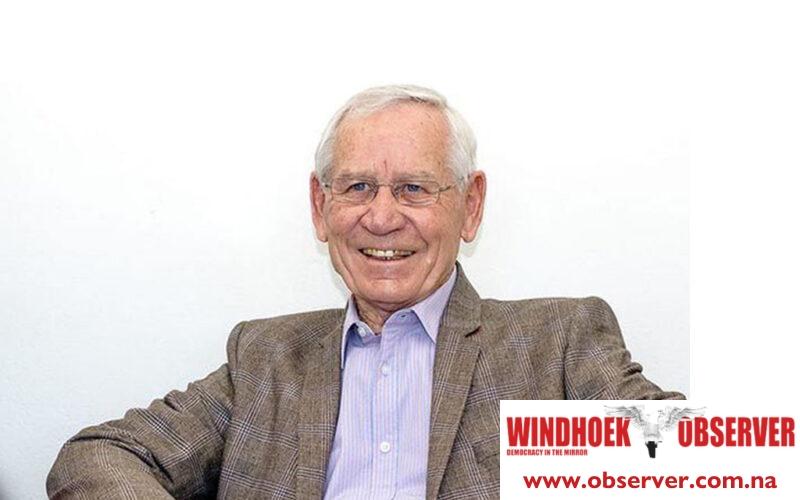Martin Endjala
Popular Democratic Movement parliamentary member Nico Smit says that Namibia’s economic problems are far from over, hence he calls on his parliamentary counterparts to take care of fundamental problems of the country to avoid going back to square one.
“The economic performance of the past two years makes it appear that we have overcome all the problems but that is far from the truth. The underlying trouble is still there, and as I will indicate later, the current uptick will not last.
If we do not take care of the fundamental problems in our economy, in another two or three years, we will be right back where we were in 2016,” Smit said.
Smit made the statement while contributing to the Mid-term budget which was tabled on 31 October 2023 by Finance Minister Iipumbu Shiimi in the National Assembly.
He cautioned the august House that Namibia’s economic problems are not far from over, adding that the rebound in the economy during 2022 and 2023 looks spectacular but those are mere statistical gains and it is only now that the economy is back at pre-Covid levels, which in this case is not a great achievement since Namibia had four years of recession before Covid-19.
He said Namibia still face systematical problems, which indicates that there is still a long road ahead to get Namibia out of the trouble and problems caused by the Swapo financial management, where an astonishing N$12 billion in statutory expenses interests Namibia pays on its debt.
Smit highlighted that in 2016, the government committed itself to reducing employment in the Civil Service by two percent a year. However, Smit argued that this has not happened.
“In fact, the Civil Service is still the big elephant that consumes whatever green shoots we are likely to see, and as far as the wage bill is concerned, it is bigger than ever and continues to consume more than two-thirds of the government’s current expenditure,” Smit said.
Another casualty Smit took a bite at, is the Government Institutions Pension Fund (GIPF), arguing that for the first time in its history, the GIPF has expended more in benefits than it has accrued in contributions.
Fortunately, he said the GIPF is saved by the income earned on its very substantial investments, but one cannot escape the economic fundamental that if a fund dishes out more than what it gets in, despite its investment size, its assets will slowly but surely be eroded.
Furthermore, Smit is baffled by how the government can afford to give its staff wage increases, if it must borrow more and more money to pay for that commitment.
“The pinnacle of stupidity is certainly giving increases but then the Bank of Namibia depletes that small relief through punitive interest rates. What is the sense of getting, say a N$250 raise per month, but then having to pay N$300 or more on higher interest rates? It does not make any sense at all, but this is the skewed way in which our economy is planned, argued Smit.
As a result, he raised concerns surrounding interest payments which in his opinion, are devouring Namibia’s investment future, and that the country basically survives on the grace of the Southern African Custom Unions transfers, where Namibia is not liable to pay more than N$12 billion in statutory expenses.
“Imagine what could have been accomplished with that money if it could have been invested in the development budget? Then consider the size of the development budget, N$6.5 billion, which is a joke for an economy of our size, and realise what we would have achieved if the debt overhang did not steal our future growth,“ Smit said.




